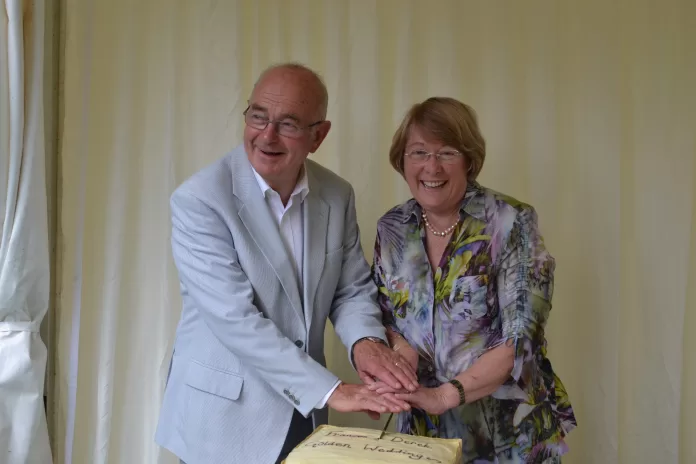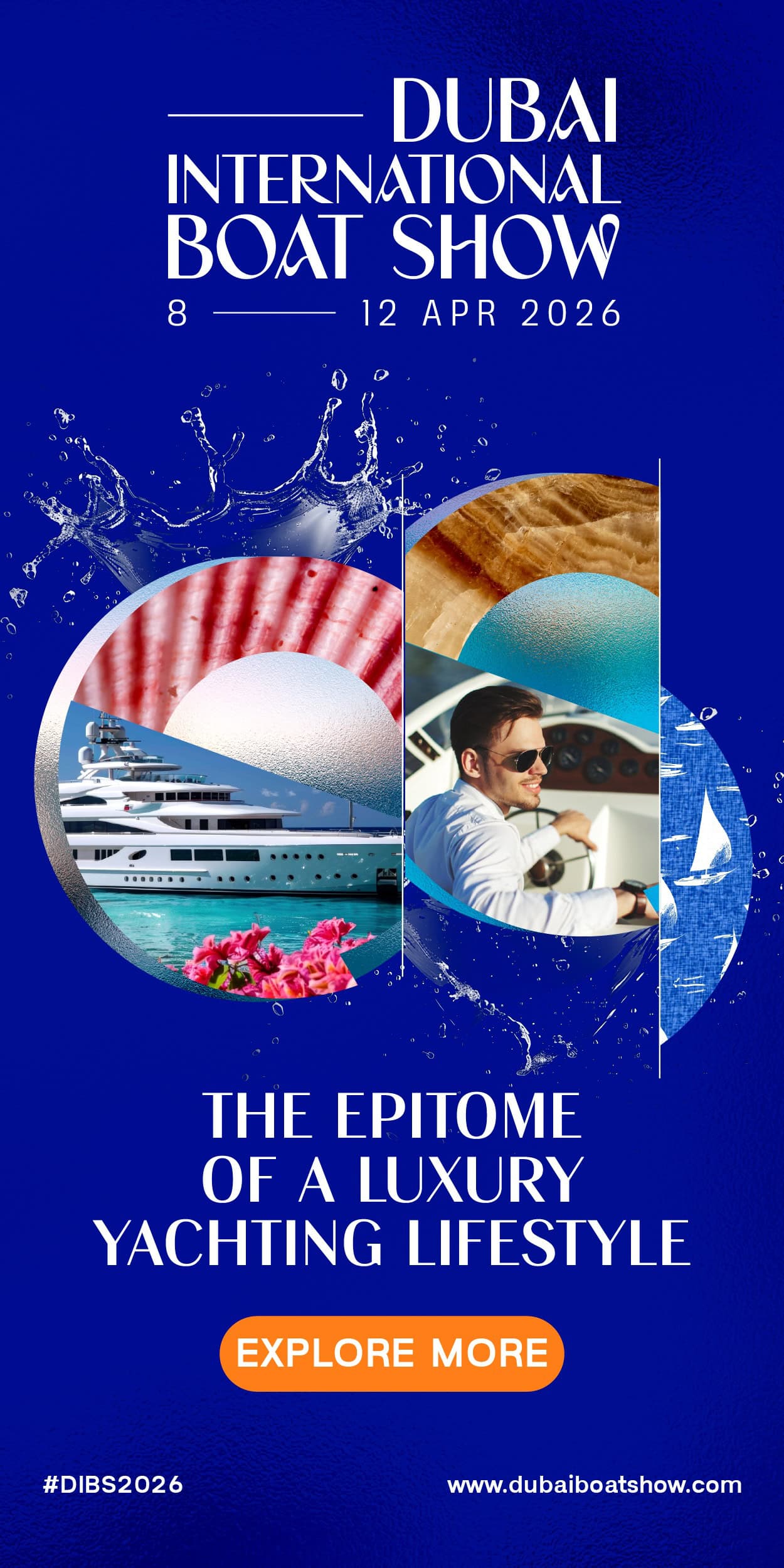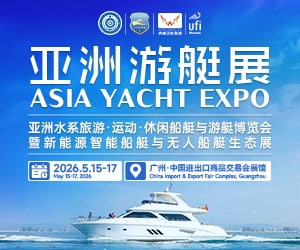The funeral of Derek Fawcett MBE is to take place tomorrow (October 4 2023).
Derek, aged 86, was an inventor who transformed the lives of millions of yachtsmen through his innovations.
Known for his generosity in both his time and support for an industry which he loved, he established and built up Nautech from a one-man band to an internationally renowned, award-winning multinational organisation.
With a life-long love of sailing, which was shared by his wife Frances and children Julie and Roger, he also pioneered the ability for visually impaired people to share the joy of sailing through his invention of audible compasses and instrumentation.
Born in London and a graduate of Bristol University, where he read Mechanical Engineering, Derek’s fascination with the aviation and nautical world saw him initially working as a Scholar’s Apprenticeship with De Havilland in Edgeware.
Antenna systems
Shortly after his marriage to Frances in 1961, he was transferred to Toronto, Canada, where he worked on a project developing lightweight antenna systems.
On his return from Canada, he worked on aircraft flight simulators and rocket technology, quickly becoming an expert in both propulsion and navigation.
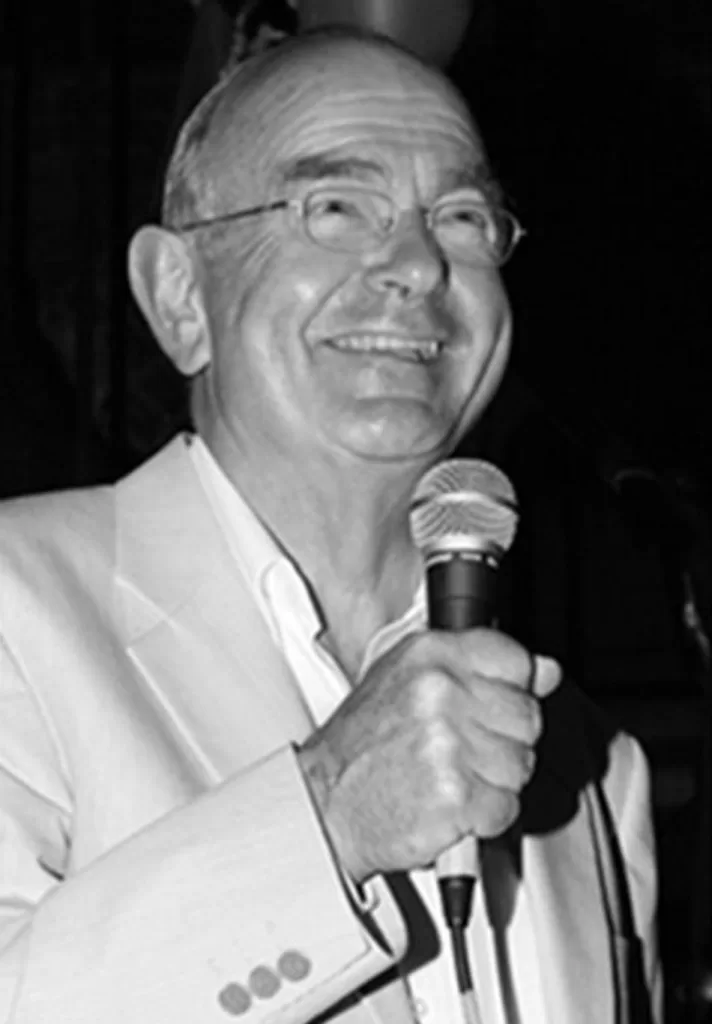
With an all-round expertise which included project engineering, decision-making and management, he took up a role in Hampshire with Lewmar, where, as chief engineer he designed and patented the company’s two and three-speed winches.
Following this success Derek struck out alone with a design for the first electronic autopilot aimed at the burgeoning leisure yachting market.
Working initially from his back room, by 1974 he founded Nautech with the autopilot brand Autohelm.
Technical development
Initially designed for yachts between 17-35ft LOA, more than 6000 hours of technical development and over two years of stringent at sea testing in the most challenging conditions saw the product launch to the market.
The first Autohelm tillerpilot was exhibited at the Earls Court Boat Show, with the product’s virtues quickly recognised with a British Design Council award in 1976, presented by the Duke of Edinburgh.
More international awards followed, including in 1981 the Export Award for Smaller Manufacturers and the Queen’s Award for Export Achievement.
Derek was supported wholeheartedly by his family who spent many afternoons watching their father personally fitting autopilots to the boats of household names such as Tony Bullimore and Chay Blythe for their short-handed around the world race attempts.
Product range
With the company expanding rapidly, and moving to purpose-built premises at Anchorage Park, Portsmouth, Derek recognised the need to develop both the technology and the product range, with instrument development and pioneering new microprocessor-controlled manufacturing techniques the logical next step.
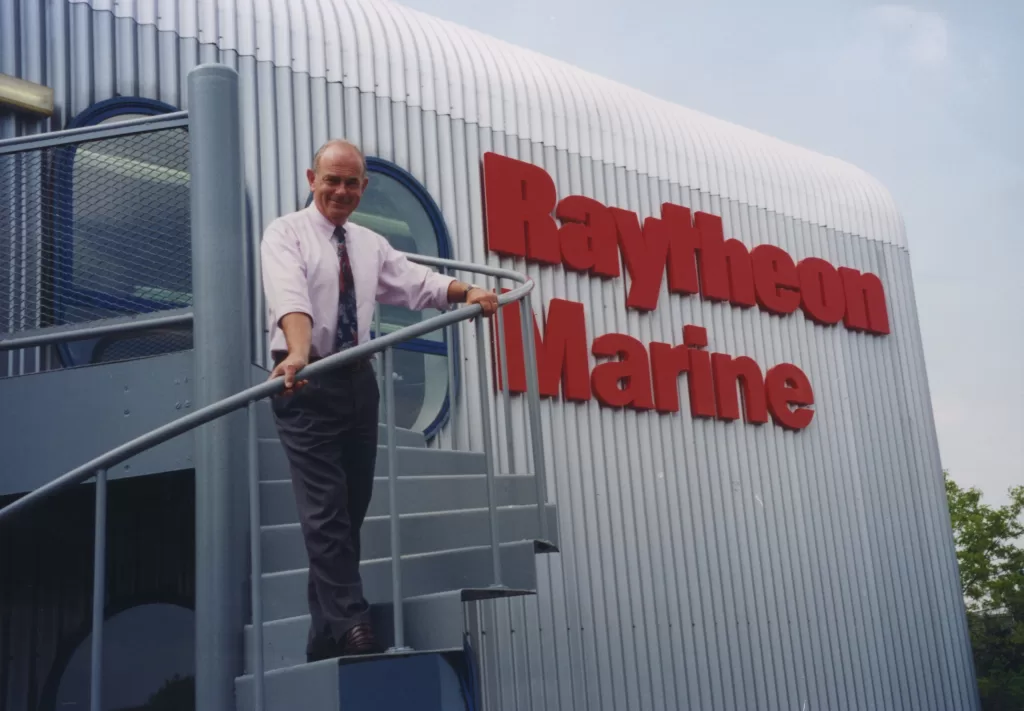
As an engineer first, with a passion for product development and a desire to make the best use of new technology, the innovation never stopped and Derek went on to transform the fluxgate compass, making it accessible to the leisure marine industry.
It was for this, as well as for his work promoting engineering and employment in the region, that he was awarded an Honorary Doctorate in Engineering from Portsmouth University, which in typical style he was too humble to ever use as a title.
Derek and Frances’ charitable activities were also numerous.
Indications
Having accepted a challenge to design a unit that helped blind people steer a boat using tonal indications for course – high pitch for turn to port, low pitch for turn to starboard – the whole family spent many summers taking blind people sailing, often in their own boat ‘Chantue’ (an anagram of Nautech).
This organisation went on to become RYA Sailability and was the benefactor of a significant charitable donation from the Fawcett Family Charitable Trust, established after the sale of Nautech to Raytheon in 1990.
The Trust went on to help numerous other causes close to Frances and Derek’s hearts including Portsmouth Grammar School and Portsmouth Cathedral.
Marine industry
In 1996 Derek received an MBE for services to the marine industry, in addition to an already significant list of awards achieved through the lifetime of the business.
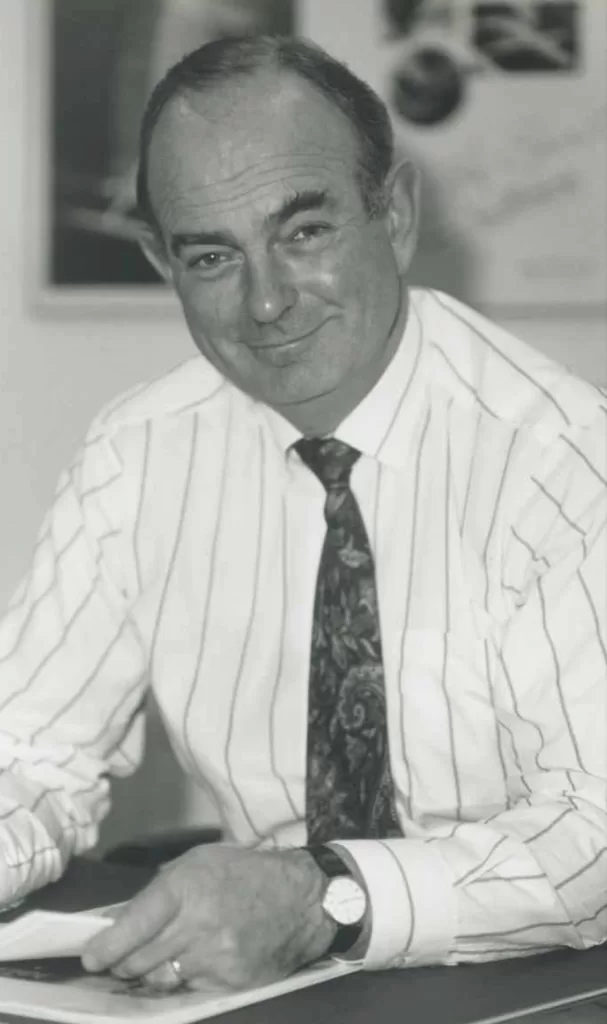
These included more British Design Awards than any other British company – 1975 Autohelm, 1989 Personal Compass, 1990 Autohelm 4000, 1990 SeaTalk System, 1992 ST Autohelm 2000, and in 1981 Queens Awards to industry with 60% exports.
Ten years later, the company won the Queens Award for Export Achievement with 81% exports from sales topping £12.4m.
Awards
Nautech was presented with British Safety Council Awards for six consecutive years from 1988-1993, The Royal Cruising Club Medal for Services to Cruising in 1999, two Silk Cut Nautical Awards, and Derek was voted President of the British Marine Federation.
He did not stop after retiring from Raytheon, and after gaining his full IFR (Instrument Flight Rules) rating in both fixed wing and helicopters along with Frances, he supported a young group of engineers on their journey to make instruments for the leisure aviation market with their company, Skyforce.
Derek was instrumental in negotiating a successful exit to Bendix King, securing a significant reward for the founders of which Derek refused to take a penny.
Throughout his career, Derek was always interested in the development, support and welfare of his staff, and was looked upon as a father figure by many.


